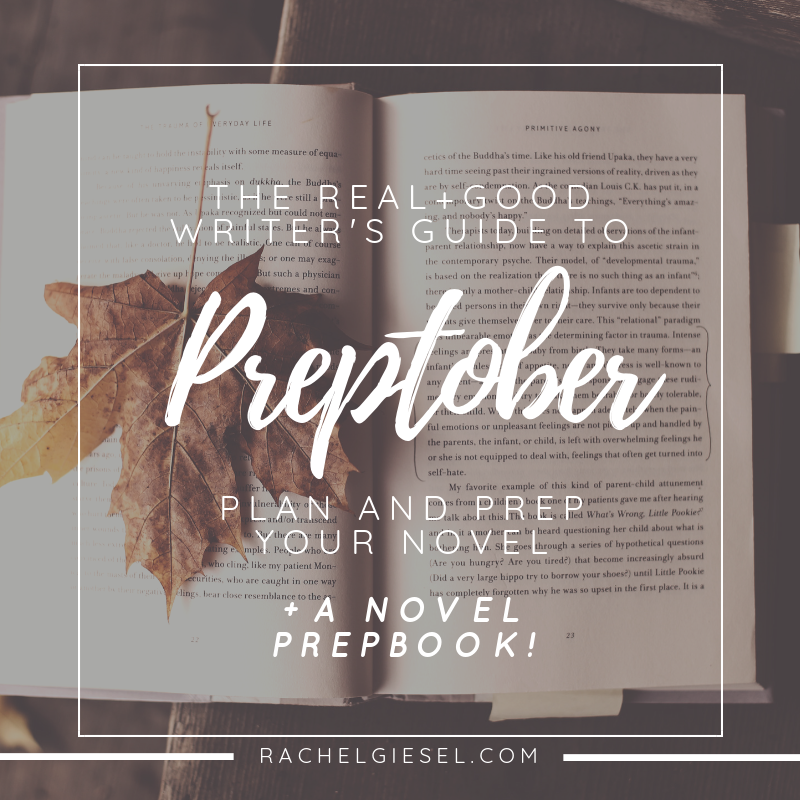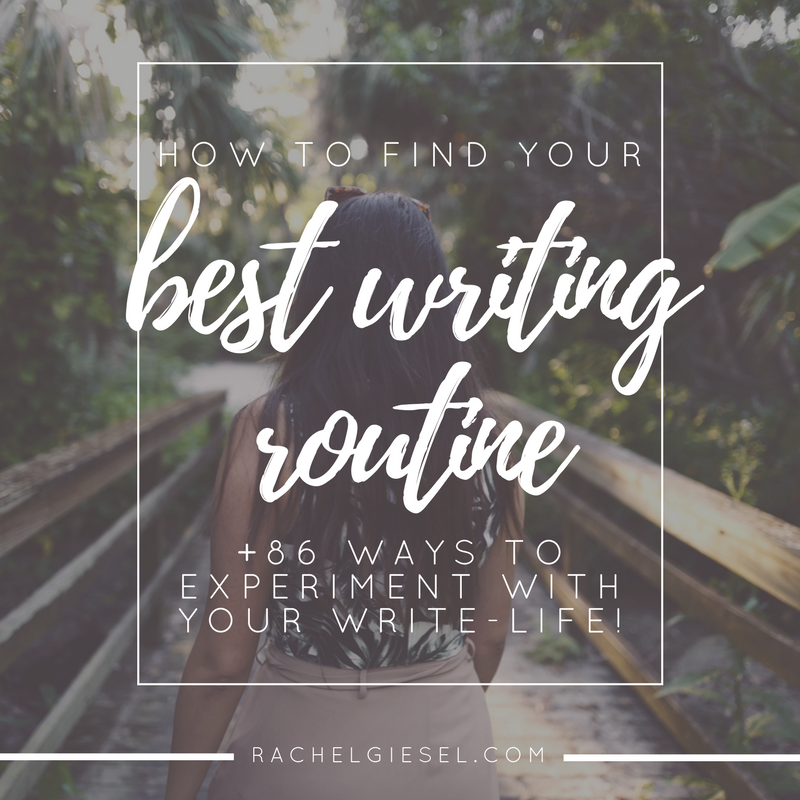The cliched question that plagues newly published authors is if their story has autobiographical information in it. It seems as if everyone is asking, what part of it is true? Did this actually happen to you? What’s the truth here? Or, if the interviewer is being particularly sly, they might ask, “What was your inspiration?” in the hopes that the author will reveal the details of that one magical day where everything happened and all the characters were present and it was all real life.
I hate this question.
Not that I don’t wonder it too. Not that I don’t want to know the answer. But seriously. Someone writes a fictional story and we’re always asking them if it really happened? If it’s really true? It’s annoying to no end. It’s fiction! Of course it’s made up! Stop asking!
Why do we even ask this? What is the point in wondering if—and it’s always IF—the characters in the story you love, the events that happen to them, are true? What does it matter if it’s a true story or inspired by a true story? What would it mean if the protagonist is actually the author? What do you gain?
I don’t believe this is a good question, but I think the fact that we’re asking it raises important discussions about what constitutes a good story. After all, we are talking about fiction here, and by definition, the events and people and descriptions are entirely made up.
Fiction cannot be “true” because of its definition as fiction. And yet, the opposite of “true” would be “false.”
This doesn’t make sense. We’re not reading “false” stories. We’re not trying to write “false” stories. The stories that we identify as false end up being the ones that feel forced, artificial, contrived, and over-planned. The reader ends up feeling bored and as if the writer doesn’t trust them to understand. They’re over-explained, cliched, obvious. We don’t like them. They don’t get published. And in workshops, we tell the writer in question things that will force them to reevaluate: dig deeper, throw your characters in a bizarre situation and see what they do, let your characters speak instead of speaking for them, explore what your character thinks about marriage or politics or cats. We tell the writer to step back and let the story become what it needs to become instead of what the writer wants it to become.
So, that means good stories must be true in a certain way. In stories that are true, the characters behave naturally. They’re complex and realistic because of their complexities and inconsistencies. They’re flawed. They have fears and desires. They seem human.
All good stories must have actual, IRL truths. By nature we’re self-obsessed beings. We are all the protagonists in our stories. Everything revolves around us. We’re selfish and self-interested. And it’s necessary to input some sort of connection with your character, some truth that makes them realistic and relatable to the reader, and ultimately, to you.
So, are you actually in the story or not?
I think of Alexander Maksik’s essay “On the Origins of Stories,” where he tries to explain to a reader where his story came from. He finds it impossible. It was inspired by this image, this other event, this person, this idea. He says, “ the only answer I can offer is not an answer, but a litany of other stories” that “go on forever” (Maksik). There isn’t one root autobiographical detail that sparks a story, but a million revolving elements that contribute. All these real, truths collaborate with each other. They evolve into fiction, retaining the core truths of what it means to be human, while reimagining a world as an entertaining story.
Is it possible to not write about yourself? Is it possible for you to not appear on the page at all? Maybe. Perhaps you’re writing a in the perspective of a character that’s completely opposite of you, in a world that doesn’t even exist on this planet or dimension. That’s not you—it couldn’t be you.
But say this character who is not you is trying to communicate with another character (also not you) about his romantic feelings. He loves this other being and must express that in some way, shape, or form. And even if he doesn’t express it in the way you would (and he shouldn’t, as he should be behaving in a way that is true for himself), perhaps the notion of love, the desperation of being able to say it aloud, the need to be validated by another individual, the fears of rejection and humiliation, the sweaty palms right before the words were spoken – perhaps that was you. Perhaps those feelings are real and those emotions are vague memories and all the sudden, you’re writing autobiographical shit.
A character in a story might have the same fears that we do. They might have the same goals and desires. They might look like us or talk like us. Or if not us, then someone we know. In good fiction, we can identify universal components through individual specificities. We find versions of ourselves in characters that are so unlike us, so different than us, and yet they teach us more about ourselves than we could’ve imagined.
Truth vs. Fiction are not polar opposites, but rather a yin-and-yang.
During my second year of undergrad, Pam Houston came to my school to do a reading. It was right when her novel Contents May Have Shifted came out, I was one of the fortunate ones to sit in on a craft workshop with her before the reading began. We asked her the usual things—What’s your schedule like? What are the best books? What general advice would you give to aspiring writers? – but then we emerged onto the topic of truth versus fiction. She said, in regards to her book, that she first wrote the thing as it needed to be written, interweaving autobiography and fiction as the story required. When her editor asked what she’d written, she didn’t know what to call it. What it came down to was the cover design. The little heart-shaped cloud on the cover held the letters “novel” better than it held “memoir.” And thus, she had written a novel.
She didn’t care how it was marketed either way. She only cared that the story rang true—which it definitely, definitely does. This conversation sparked my curiosity on the relationship between autobiography and fiction, a battle which would plague me for the next two years of my undergraduate education, for the time I tried to write and tried not writing after graduation, and even into the novel I’m currently working on. How are stories told? How are they true, how are they false, and what does that mean for me?
All that truly matters is that the story feels true. Whether it actually is or not is irrelevant.
We read fiction because we want to understand the world as it is. Whether that means we read a story of an apocalyptic land or we read about a fantasy world where magical elements reign or we read about a man in his car, we’re reading in search of truths in the world. We want to better understand the world we live in. We want to better understand the people we interact with. We want to better understand ourselves. The truth we seek isn’t, “Did this actually happen?”, but “How did this author fabricate this fiction that helps me better understand myself?”.
Similarly, we write to document the human experience, to capture what it was like to be ourselves as a human in today’s world. We want to expose what real emotions, real problems, real fears and anxieties. We want to expose the truth.
And so we ask the author, desperately, “Is it true? Did this happen to you?” because we’re acknowledging that they’ve accurately rendered a realistic human experience onto the page. The author could say yes or they could say no, but the answer doesn’t matter. (Because what would that do for your understanding of the story—make you like it more? Make you hate it? What do you gain? NOTHING!).
What matters is that we have identified this story to be true and we want to know how to imitate it for ourselves. We should instead be asking, “How the heck did you do that?” We shouldn’t be turning to the author for a definitive answer, but turning to the story to analyze how the heck they did such a beautiful thing.
Let your writing be a yin and yang of real life and fiction. They work well together. And quit asking authors for the truth. Instead, look for how you can render that kind of experience in your own work.
Happy Writing!
♥
Do you include yourself on the page? Are there secret autobiographical elements in your fiction? Or do you distance yourself while trying to retain the truth?














